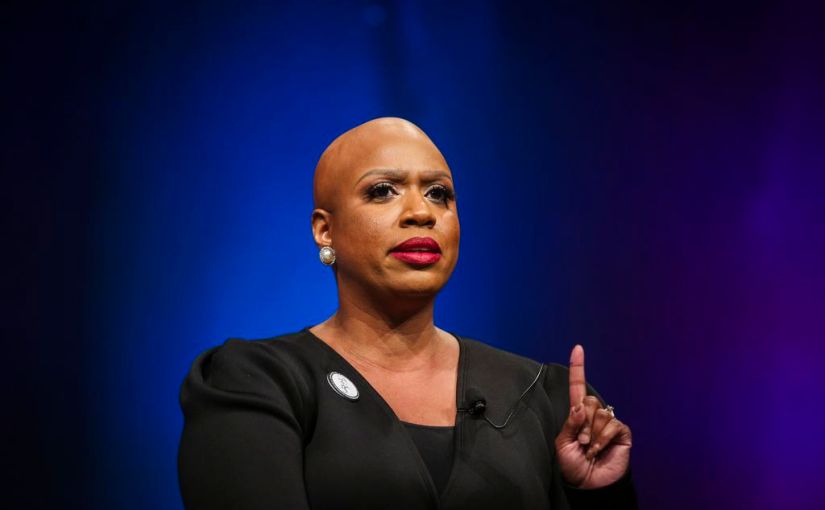A special issue of The New England Quarterly
Guest editors: Kerri Greenidge (Tufts University) and Holly Jackson (UMass Boston)
In Dusk of Dawn (1940), W.E.B. Du Bois referred to his New England boyhood in Great Barrington, Massachusetts, as being “shut in by its mountains and provincialism.” Similarly, the Jamaican-born poet Claude McKay used “Spring in New Hampshire” (1922) as a metaphor for racial isolation and loneliness in what was then, as now, one of the “whitest” states in the Union. Alongside these characterizations of New England as a site of Black isolation in a sea of whiteness, Black people and their communities have defied erasure. Even as white Bostonians threw rocks and racial slurs at Black school children in 1974, for example, Barbara Smith expanded the radical feminism(s) of the National Black Feminist Organization in the Boston-based Combahee River Collective. New England as a region, cultural concept, and political imaginary has shaped Blackness across the African diaspora since the first Africans arrived in colonial Massachusetts in the 1630s. More importantly, African-descended people – Black and Afro-Native – have consistently shaped New England culture and politics, though their contributions have been undervalued in both scholarly and popular accounts of the region. In contrast to F.O. Matthiessen’s canonization of New England’s flowering – which ignored the significant contributions of William Wells Brown, Harriet Wilson, Maria Stewart, Ann Plato, and David Walker – a region defined by its supposed whiteness has long been the site of Black defiance, providing intellectual and political sustenance to Malcolm X and Martin Luther King, Jr., Pedro Albizu Campos, and Melnea Cass.
The New England Quarterly seeks submissions that center Black, Afro-Native, and trans-national Black politics within New England history, literature, and culture. How has Blackness shaped the politics, culture, and racial capitalism of these six states that are consistently ranked among America’s most “highly educated,” most “economically stable,” and most reliably politically liberal, but also marked by high levels of racialized wealth inequality and residential segregation? How has Blackness shaped America’s colonial project, from the ongoing process of tribal erasure, through the violent implementation of New England capital across the Global South? Topics can include, but are not limited to: Afro-Native communities; trans-national Blackness from Paul Cuffe to Amilcar Cabral; Black feminisms; Black literary, artistic, and intellectual traditions; Black material cultures, food cultures, or kinships. We welcome historical, literary, and anti-colonial scholarship, on any period, that explores Black and African diasporic communities across the region, including Boston and the Harbor Islands, Worcester and Portland, Providence and New Haven, trans-national political networks between New Bedford and Cape Verde, Hartford and Jamaica, Bangor and Somalia. We invite submissions from graduate students and early-career scholars, women, queer and trans scholars, including those working outside of academia.
We welcome queries and/or pitches for feedback; please contact holly.jackson@umb.edu and kerri.greenidge@tufts.edu.
Full submissions are due by April 30.
Image of Representative Ayanna Pressley courtesy of Erin Clark of The Boston Globe.
